Life
Sign up for our newsletter
We summarize the week's scientific breakthroughs every Thursday.
-
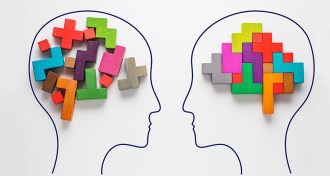 Neuroscience
NeuroscienceStrange brains offer a glimpse into the mind
A close look at unusual brains offers a way to understand how the human mind is constructed, two new books argue.
-
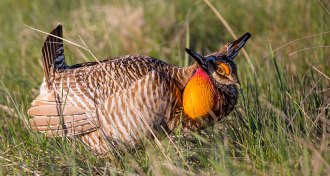 Animals
AnimalsIn the animal kingdom, what does it mean to be promiscuous?
A review of hundreds of scientific studies finds that the label “promiscuous” is applied to a surprisingly wide range of mating behaviors in animals.
By Betsy Mason -
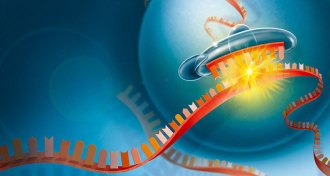 Health & Medicine
Health & MedicineThe first gene-silencing drug wins FDA approval
The FDA just approved the first drug that works via RNA interference.
-
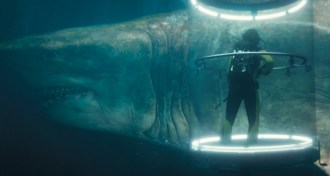 Paleontology
PaleontologyWhat ‘The Meg’ gets wrong — and right — about megalodon sharks
A paleobiologist helps Science News separate shark fact from fiction in the new Jason Statham film The Meg.
-
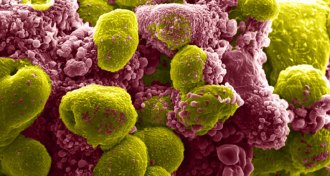 Life
LifeHere’s how fast cell death can strike
Scientists have measured how quickly the signal to commit form of cellular suicide called apoptosis travels.
-
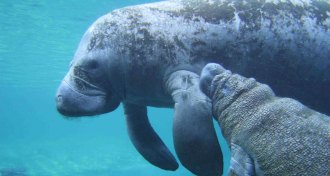 Animals
AnimalsA ghost gene leaves ocean mammals vulnerable to some pesticides
Manatees, dolphins and other warm-blooded marine animals can't break down organophosphates due to genetic mutations that occurred long ago.
-
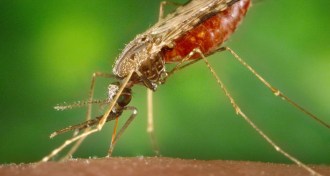 Health & Medicine
Health & MedicineA newly approved drug could be a boon for treating malaria
Tafenoquine could help prevent the recurring form of malaria, but the drug may also be dangerous for people who have a certain genetic mutation.
-
 Climate
ClimateReaders question dark fusion, Antarctic ice melting and more
Readers had questions about Antarctic ice melting, dark fusion and greenhouse gas emissions.
-
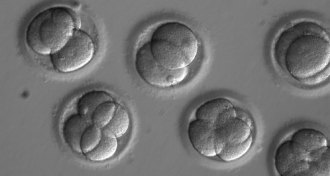 Genetics
GeneticsResearchers say CRISPR edits to a human embryo worked. But critics still doubt it
Researchers say that they have confirmed CRISPR/Cas9 edits of a heart disease–causing version of a gene, but critics still have doubts.
-
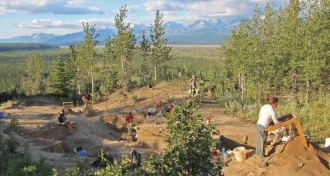 Archaeology
ArchaeologyThe debate over people’s pathway into the Americas heats up
Defenders of an ice-free inland passage for early Americans make their case.
By Bruce Bower -
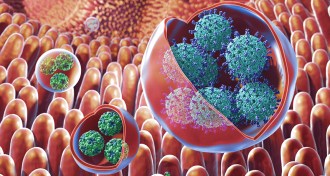 Life
LifeNasty stomach viruses can travel in packs
Contained clusters of rotavirus and norovirus caused more severe infections in mice than the same viruses working solo.
-
 Health & Medicine
Health & MedicineZika may harm nearly 1 in 7 babies exposed to the virus in the womb
A new CDC report tallies neurological and developmental problems, in addition to birth defects, possibly due to Zika in U.S. territory–born babies.